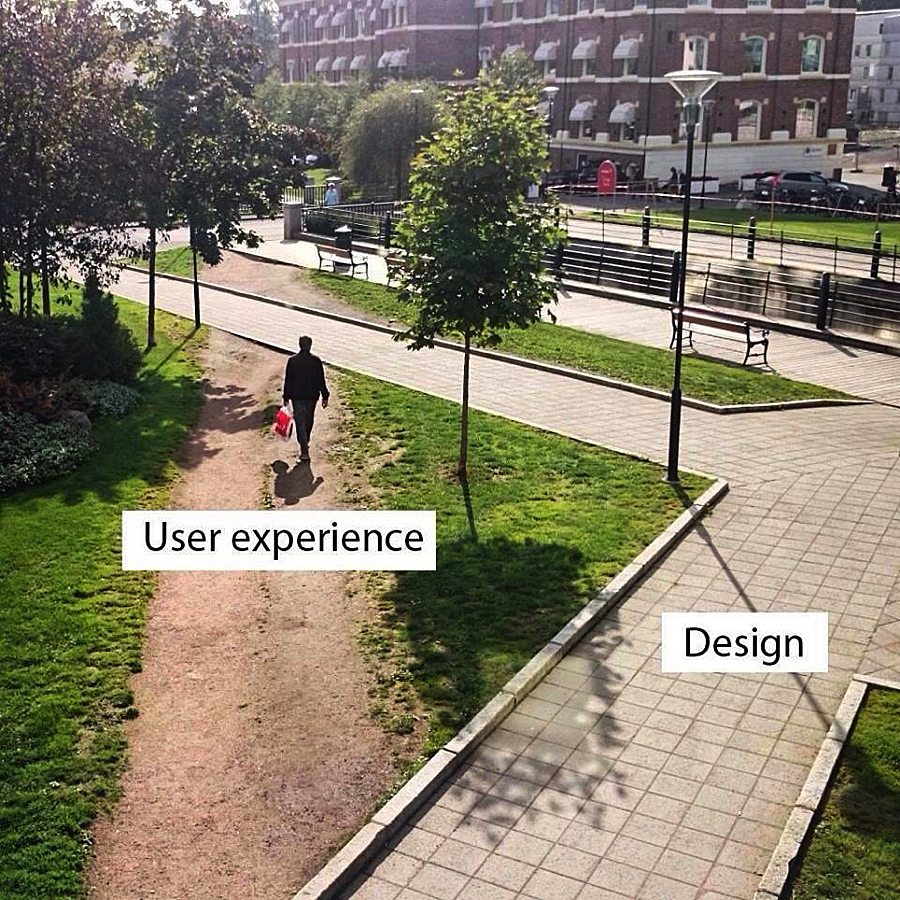Reading this blog-post by Robin Sloane about YouTube checkpoint videos. Fascinating. One thing that stood out for me...
If I had to summarize, I’d say we are looking at an archipelago of social spaces where some “missing” features have created pleasant lacunae — their very absence supporting something new and interesting. Tell that to the product managers.
This resonated with somethign that I've often thought about software in general but have most often talked about wrt. e-books. With real life paper books there are a whole bunch of largely accidental affordances; they still work if you get them a bit wet, they have space on every page for making notes, you can quickly scan through the pages to get a feel for the weight of the prose and a broad overview of argument in the case of non-fiction, you have a very immediate feel for how far through the thing you are, and you can fold pages over and so on and so on. Each of these 'features' has been re-implemented explicitly for e-books someone had to recognise a need and spend time and effort to make something that comes for free with paper books. What I wonder is: What if they hadn't? Does the simplest software version of a book have unexpected affordances in the same way the the paper version did in its early days?

UX designers often repeat the old saw 'pave the cow-paths' to suggest that software designers and developers should work to follow user desire paths rather than mandating behaviours. (ironically the phrase 'don't pave the cow paths' was coined in order to warn organisations from enshrining adhoc solutions as official ones). Twitter is a good example of cowpath paving, retweets, remember when we'd had to write "RT @tomp: " and then hope the message was short enough to fit the characters we prepend. Or hashtags, even reply's and @-ing were not paert of the platform initially, they were invented by users and sanctioned and codified later by Twitter. What if they hadn't been codified?
What's my point? I suppose it's that I like the idea of web sites/applications with fewer features and more freedom for users. But also that I like the idea of not making new things, that the things we have are already adequate but we never fully use or explore them we never have time to let the cowpaths develop.